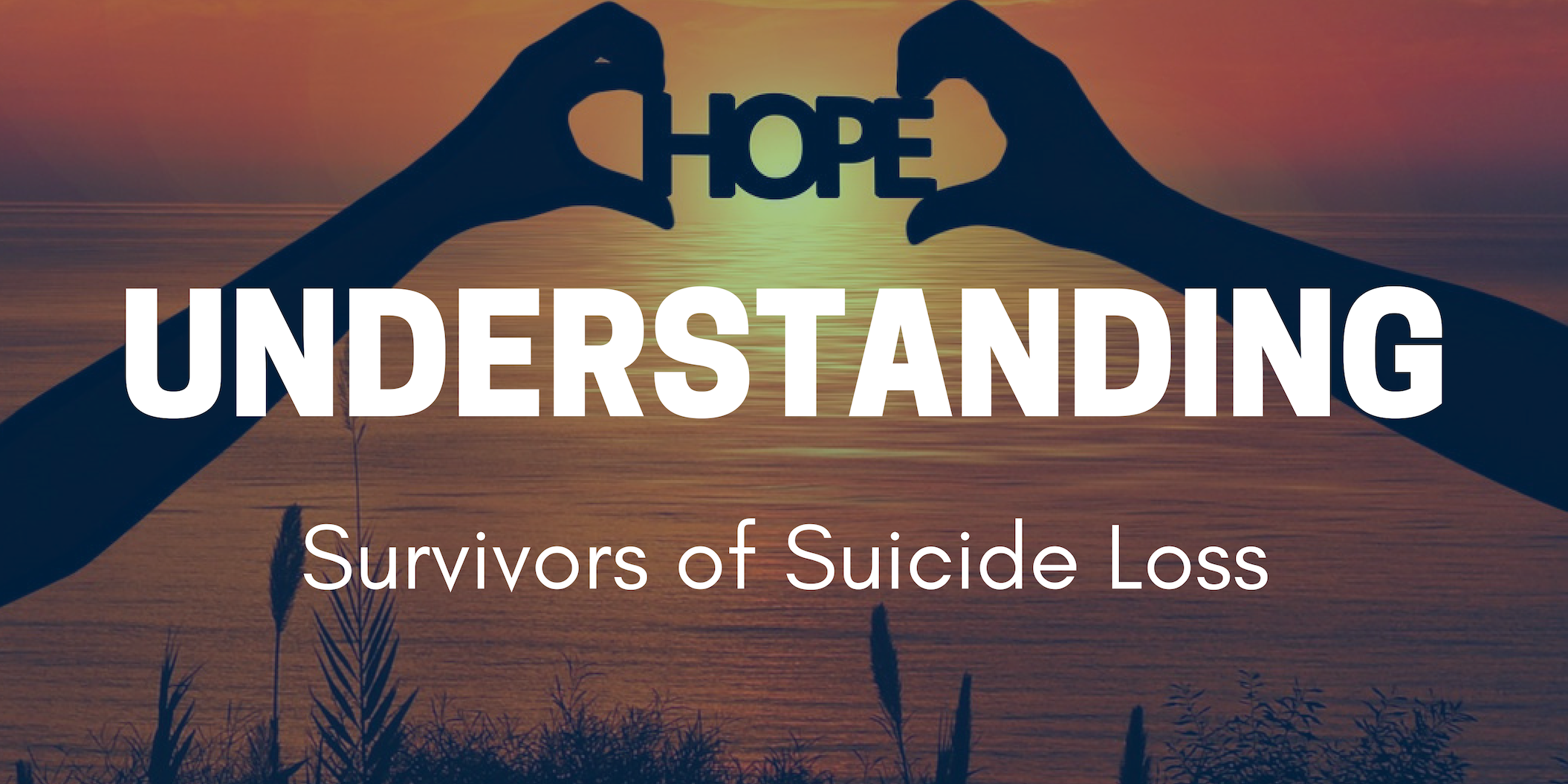This post is presented in collaboration with 2-1-1 Big Bend Hotline Counselors, Hotline Supervisors, and ASIST (Applied Suicide Intervention Skills Training) Trainers, devoted to speaking openly about mental health and providing empowerment through hope and help.
If we consider suicide for a moment as a play, there are several roles involved: The living, the lost, and the survived.
Each role has their script and they are directed, with interpretation, on how to execute their role. Feelings of suicide are experienced differently and unique to the individual. These feelings might include being overwhelmed by negative thoughts, hopelessness, numbness, or perhaps that others may be better off without them. What about the feelings and conversations of the survivors who have lost a loved one to suicide? What is their role?
No one is prepared to lose a loved one to suicide and yet, that is the reality for many. The purpose of this piece is to present a platform for those voices, give solos to the supporting roles, and emphasize that suicide does not end with the conclusion of one’s life, but rather transcends through the lives of those deeply affected by suicide. We hope to strengthen the conversation around the struggle and the strength experienced from those coping with suicide loss. As this is their new reality, we want survivors to know, YOU ARE NOT ALONE.
Death by suicide is known to rip apart lives and set survivors on a long, devastating journey. It is not uncommon for survivors to experience feelings of guilt, blame, and wishing that they could of done more. In the grieving process and for some time to come, it is vital to protect your health, not isolate yourself, join a survivors support group, and if available to you, consider a therapist, take care of your family, and most important, you will prevail and above all else, seek information. Michael F Myers, M.D., Professor of Clinical Psychiatry, SUNY Downstate Medical Center in Brooklyn, New York shares some vital basics for those coping with the loss of a loved one by suicide: http://www.suicidefindinghope.com/content/grief_travel_information.
We have come to find, many who have lost a loved one to suicide focus their energy in ways that can positively affect oneself and surrounding communities. Through their personal loss and grief, their survival story becomes a guiding light for those with similar struggles.
“Knowing that my brother left this world feeling that level of pain and despair caused so much agony and anxiety in me that I had to do something to honor him and his life.” – Anonymous Survivor. An individual, who we will call Sienna, recounts her struggle grappling with the newfound reality her and her family must continue without the presence of their brother/son/father/uncle. She shares the emotional adversities survivors are left to endure while coping, “The stigma around mental illness and specifically the shame that is sometimes placed on those that suicide for being “‘selfish’” plays a huge role in the grieving process. There is so much I want to say to my brother, did he not think we were there for him? Did he know we loved him? Why didn’t he come to us? I just want one more hug.” Continuous thoughts and questions swarm the mourning and nothing makes sense. In those moments, it was important for Sienna and many, to do more than mourn the loss of life by embracing the lost life itself. “I made bandanas for his closest riding buddies so my brother would ride on through them….always reminded that he is there with them”. It is gestures such as this that propel us, give us purpose, and continue to strengthen the bond that we have with our lost loved ones.
Furthermore, many wonderful organizations have taken a similar approach. Jason Foundation, Brookie B Fund, and Yellow Ribbon, who all have several things in common outside of the fact that they advocate for suicide prevention and awareness, are carried out by the families and friends of those who have experienced a loss by suicide. These organizations understand the importance of having someone to turn to who truly understands the depth of their loss. They all have an underlying goal to add value and support by acknowledging the irreversible situation and cultivating further growth by reaching as many other survivors as possible. We encourage any loss by suicide survivors to visit their pages (links above) to read their stories and reach out. Always know, we are here, 24/7, just dial 2-1-1.
Call 2-1-1 or (850) 617-6333 for our free, confidential hotline services.






